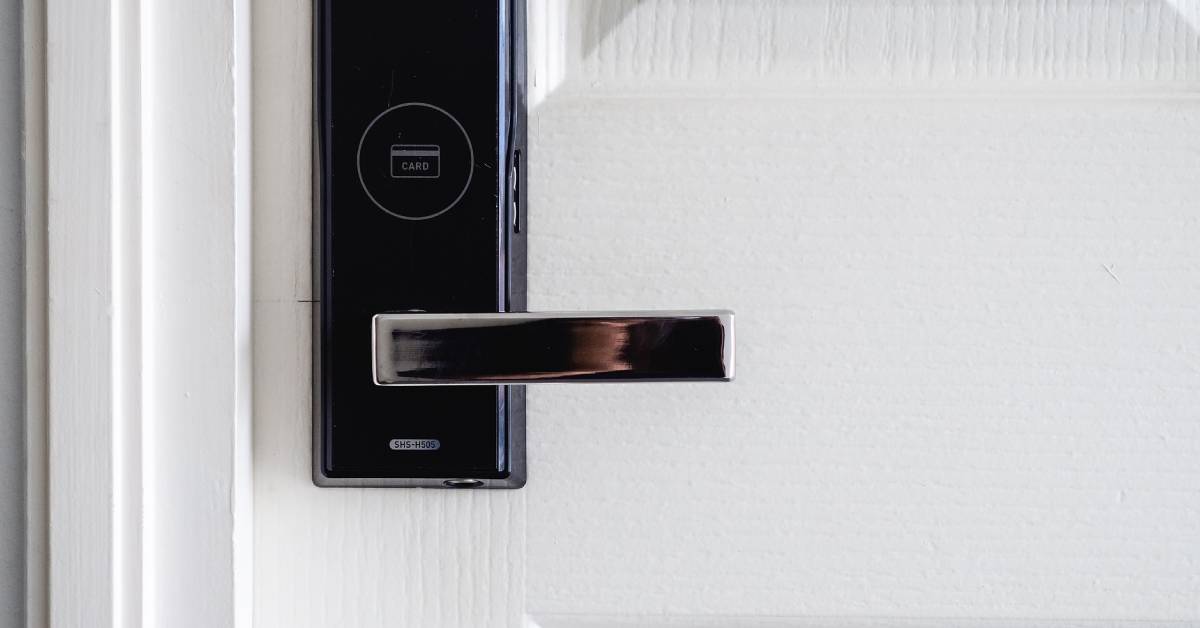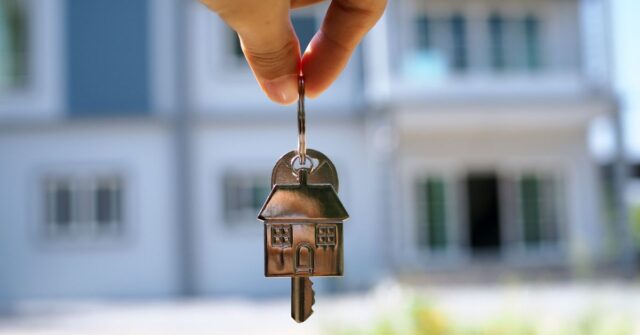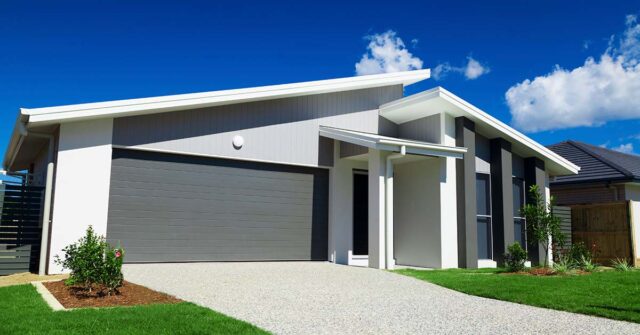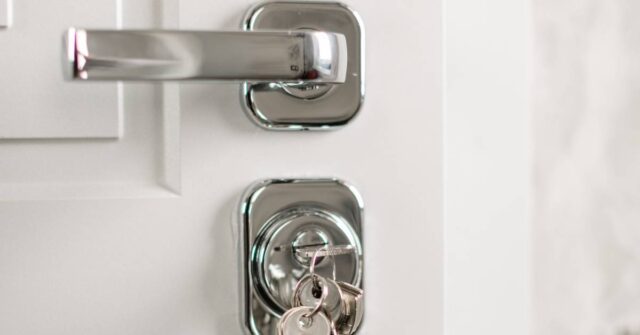As technology continues to evolve and become more integrated into our everyday lives, the future of home security is changing too.
One of the most significant advancements in this field has been the development of smart locks, which offer a more sophisticated and convenient solution for securing our homes.
In this article, we will explore the different types of smart locks, their features, popular brands available in the Australian market, and the potential benefits and drawbacks of adopting this technology.

Introduction to Smart Locks
In this section, we will provide an overview of smart locks, discussing what they are, how they differ from traditional locks, and their increasing adoption in Australia and around the world.
We’ll also explore various smart lock technologies and their applications.
What are Smart Locks?
Smart locks are advanced, electronic locking systems that can be controlled and monitored remotely using a smartphone, tablet, or other internet-connected devices.
These locks often provide keyless entry, allowing users to unlock their doors using digital keys, passcodes, or biometric authentication.
Smart locks can also be integrated into broader smart home ecosystems, enabling seamless control over various security features and automation.
How They Differ from Traditional Locks
Unlike traditional locks that rely on physical keys or mechanical keypads, smart locks employ various wireless communication protocols and encryption methods to enhance security.
They offer greater convenience, as users can grant temporary access to guests, track entry and exit data, and receive real-time notifications about lock status.
Additionally, smart locks eliminate the need for physical keys, reducing the risk of lost or stolen keys.

Global Trends in Smart Lock Adoption
The demand for smart locks has been growing rapidly worldwide, driven by the increasing adoption of smart home technologies and heightened concerns about home security.
North America and Europe have been at the forefront of smart lock adoption, while the Asia-Pacific region is experiencing significant growth, thanks to its rapidly expanding middle class and urbanisation.
The Australian Market and Home Security
Australia has seen a steady rise in the adoption of smart locks and home automation systems in recent years.
As more Australians embrace the benefits of smart home technology, the demand for intelligent security solutions like smart locks is expected to continue to grow.
This trend is further fuelled by the increasing number of new residential developments and the growing awareness of the importance of home security in Australia.
Smart Lock Technologies
Smart locks utilize different technologies to provide unique features and benefits.
In this section, we will discuss the various types of smart locks available in the market, including Bluetooth, Wi-Fi, Zigbee, Z-Wave, NFC, RFID, and biometric locks, as well as keyless entry and remote access systems.
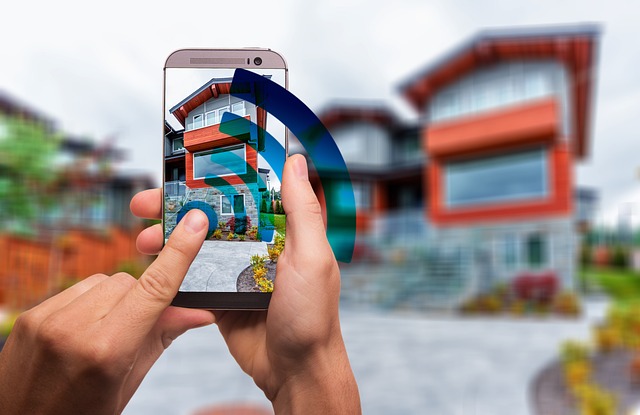
Bluetooth-based Smart Locks
Bluetooth-enabled smart locks connect directly to your smartphone or tablet via Bluetooth technology.
They offer proximity-based access, allowing doors to unlock automatically when you approach your paired device.
This type of lock is generally more energy-efficient but has a limited range, which may not be suitable for remote monitoring or control.
Wi-Fi-enabled Smart Locks
Wi-Fi-enabled smart locks connect to your home’s Wi-Fi network, allowing you to control and monitor them from anywhere with an internet connection.
These locks provide a wider range of functionality, such as remote access, integration with other smart home devices, and more advanced security features.
However, they may consume more power and require a stable Wi-Fi connection to function optimally.
Zigbee and Z-Wave Smart Locks
Zigbee and Z-Wave are popular wireless communication protocols used in smart home devices, including smart locks.
These locks can be integrated into your existing Zigbee or Z-Wave smart home ecosystem, allowing for more seamless and efficient control.
They offer an extended range and lower power consumption compared to Wi-Fi-enabled locks but may require additional hardware, such as a compatible hub, to function.
NFC and RFID Locks
NFC (Near Field Communication) and RFID (Radio Frequency Identification) locks use contactless technology to unlock doors.
Users can access the lock using compatible cards, fobs, or smartphones with built-in NFC capabilities.
These locks are commonly used in commercial settings but are gaining popularity in residential applications as well.
Biometric Smart Locks
Biometric smart locks utilize unique physiological features, such as fingerprints or facial recognition, to grant access. These locks provide enhanced security, as biometric data is difficult to replicate.
However, they may be more expensive and require regular maintenance to ensure reliable performance.
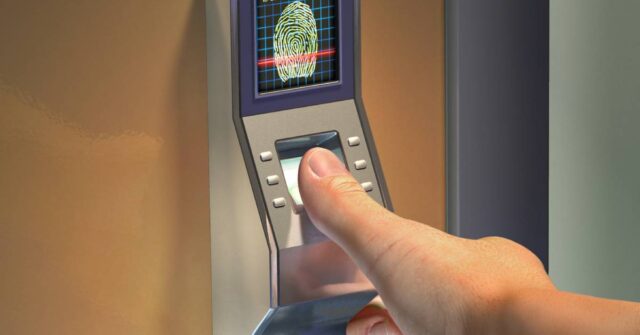
Keyless Entry and Remote Access
Keyless entry allows users to unlock doors without a physical key, using methods like digital keycodes or smartphone apps.
Remote access enables control and monitoring of smart locks from anywhere, providing greater flexibility and convenience for homeowners and property managers.
Popular Smart Lock Brands in Australia
Australia has a growing market for smart locks, with several well-known brands offering a range of innovative products.
In this section, we will introduce some of the most popular smart lock brands available in Australia, along with a brief overview of their key features and benefits.
August Smart Locks
August is a well-known brand offering a range of smart locks compatible with various smart home ecosystems.
Their locks are easy to install and feature advanced security features, making them a popular choice in the Australian market.
Yale Assure Locks
Yale, a reputable global brand in home security, offers the Assure range of smart locks.
These locks boast robust construction, multiple access methods, and seamless integration with various smart home platforms.
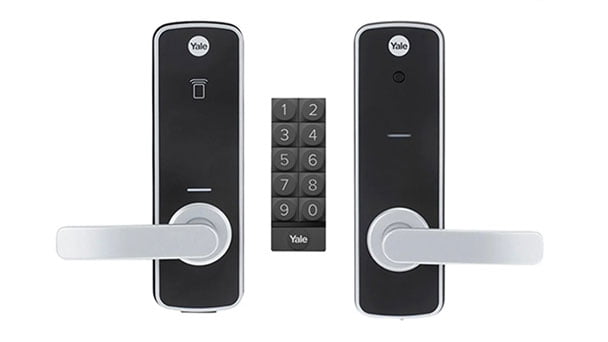
Samsung Smart Locks
Samsung is another prominent brand offering smart locks with a sleek design, biometric authentication, and compatibility with Samsung’s SmartThings ecosystem.
These locks are a popular choice for modern Australian homes.
Lockwood Nexion Smart Locks
Lockwood, an Australian brand, offers the Nexion series of smart locks designed specifically for the Australian market.
These locks meet Australian standards, provide various access options, and can be easily retrofitted to existing doors.
Kwikset Kevo Locks
Kwikset’s Kevo smart locks feature touch-to-open technology and Bluetooth connectivity.
They offer a user-friendly experience and are compatible with several smart home platforms, making them a popular choice among Australian homeowners.
Integration with Smart Home Ecosystems
Smart locks can be integrated into a variety of smart home ecosystems, offering seamless control and interaction with other connected devices.
In this section, we will discuss how smart locks can be integrated with popular smart home platforms, such as Google Home, Amazon Alexa, Apple HomeKit, Samsung SmartThings, and IFTTT.
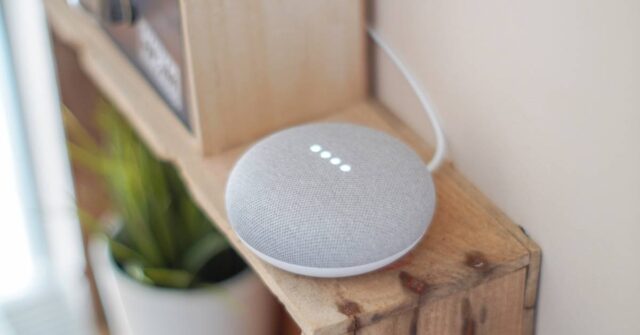
Google Home and Google Assistant
Many smart locks can be integrated with Google Home and controlled using voice commands through Google Assistant.
This allows users to lock or unlock doors, check lock status, and manage access codes with ease.
Amazon Alexa and Echo Devices
Similar to Google Home, smart locks can be integrated with Amazon Alexa, enabling voice control and integration with various Amazon Echo devices.
Users can create routines and automation for enhanced security and convenience.
Apple HomeKit and Siri
Smart locks compatible with Apple HomeKit can be controlled using Siri voice commands or the Apple Home app.
HomeKit integration enables seamless control of smart locks alongside other compatible devices within the Apple ecosystem.
Samsung SmartThings
Smart locks that work with Samsung SmartThings can be managed using the SmartThings app, allowing for centralized control of various smart home devices.
This integration enables users to create custom automation for enhanced security.
IFTTT and Other Automation Platforms
IFTTT (If This Then That) and other automation platforms can be used to create custom rules and automation steps for smart locks, allowing them to interact with other smart devices and services.
This offers endless possibilities for personalizing and enhancing home security and convenience.
Smart Lock Installation and Maintenance
Proper installation and maintenance are crucial for ensuring the optimal performance of your smart lock.
In this section, we will discuss the different aspects of smart lock installation, including DIY vs. professional installation, replacing existing locks, power requirements, and regular maintenance and troubleshooting.
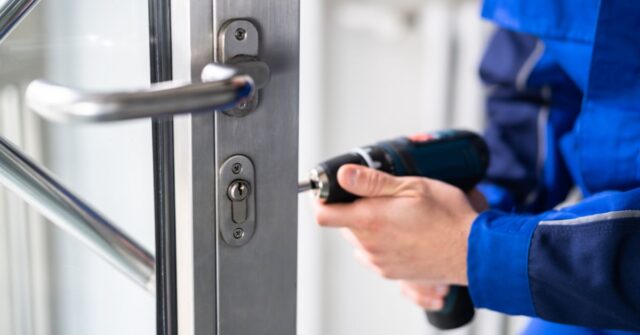
DIY Installation vs. Professional Installation
Many smart locks can be easily installed by homeowners using basic tools and following step-by-step instructions.
However, some locks may require professional installation, particularly if the existing door or lock setup needs modification.
Consider your skills and the complexity of the installation before deciding on the best approach.
Replacing Existing Locks
Smart locks can often be retrofitted to existing doors, either by replacing the entire lock or adding a smart lock attachment to the existing hardware.
Ensure that the chosen smart lock is compatible with your door and meets Australian standards for security.
Power Requirements and Battery Life
Smart locks typically operate on batteries, with the battery life varying depending on usage and lock type. Regularly check and replace batteries to ensure uninterrupted operation.
Some smart locks also offer low-battery alerts or backup power options in case of battery failure.
Regular Maintenance and Troubleshooting
Perform regular maintenance on your smart lock, such as cleaning the sensors, updating firmware, and checking for wear and tear.
Troubleshooting common issues may require consulting the user manual or reaching out to the manufacturer’s customer support.
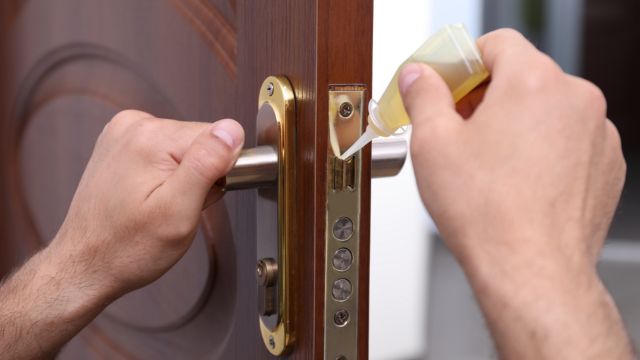
Security Concerns and Privacy Issues
As with any technology, smart locks come with their own set of security and privacy concerns.
In this section, we will address potential vulnerabilities, encryption, and data privacy, the importance of physical security measures, and best practices for ensuring the security of your smart lock system.
Potential Vulnerabilities of Smart Locks
While smart locks offer enhanced security features, they may be susceptible to hacking or other cyber threats.
Choose a smart lock with strong encryption and security protocols to minimize potential vulnerabilities.
Encryption and Data Privacy
Ensure your smart lock employs robust encryption methods to protect your data and access codes. Review the manufacturer’s privacy policy to understand how your data is collected, stored, and used.
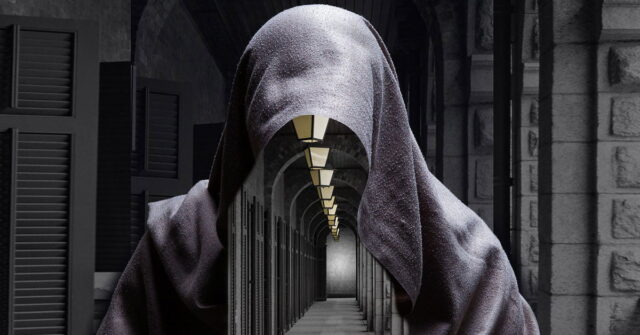
Physical Security Measures
Despite the convenience and advanced features of smart locks, it is essential to maintain physical security measures like strong door frames, high-quality deadbolts, and secure windows to prevent unauthorized access to your home.
Best Practices for Ensuring Security
Adopt best practices like regularly updating access codes, monitoring usage, and maintaining your smart lock to ensure the highest level of security for your home.
Legal Considerations and Regulations
It is essential to be aware of the legal aspects and regulations surrounding smart locks in Australia.
In this section, we will discuss Australian standards for door locks, insurance implications, and landlord and tenant rights and responsibilities related to smart lock usage.
Australian Standards for Door Locks
Ensure that your chosen smart lock complies with Australian Standards for door locks (AS4145.2), guaranteeing a certain level of security and quality.
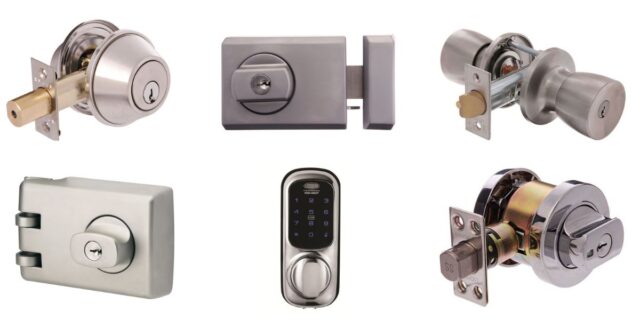
Insurance Implications and Smart Locks
Consult your home insurance provider to understand any implications of installing a smart lock, as certain policies may require specific types of locks or security features to maintain coverage.
Landlord and Tenant Rights and Responsibilities
Landlords and tenants should discuss and agree on the installation and usage of smart locks, ensuring that both parties understand their rights and responsibilities concerning access, privacy, and security.
The Future of Home Security in Australia
As technology continues to advance, the landscape of home security is set to change dramatically.
In this section, we will explore the role of smart locks in the Internet of Things, emerging technologies in home security, and the trends to watch in the coming years as smart home security evolves in Australia.
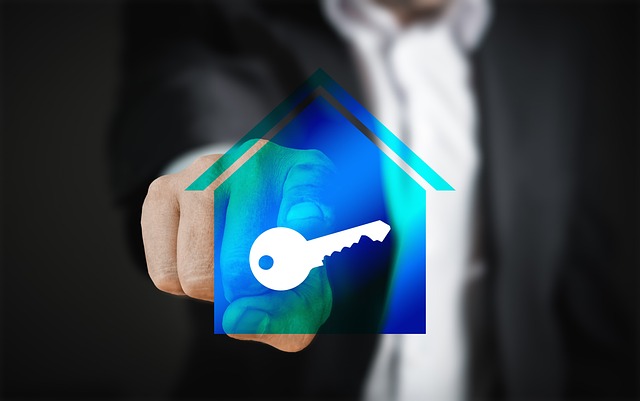
Smart Locks and the Internet of Things
As the Internet of Things (IoT) continues to expand, smart locks will play a crucial role in creating a more connected and secure home environment, enabling seamless integration with other smart devices and services.
Emerging Technologies in Home Security
Emerging technologies, such as artificial intelligence (AI) and machine learning, will further enhance smart lock capabilities by enabling predictive analytics and more advanced security features.
This could lead to the development of even smarter and more secure locking systems in the future.
Smart Home Security Trends to Watch
As smart home security technologies continue to evolve, we can expect increased integration between various devices, improved interoperability among different platforms, and the development of more user-friendly and intuitive interfaces.
Additionally, the focus on data privacy and security will likely continue to grow, with manufacturers working to address potential vulnerabilities and strengthen encryption methods.
Conclusion: The Role of Smart Locks in a Safer Future
Smart locks have the potential to significantly improve the safety and convenience of our homes by offering advanced security features, remote monitoring, and seamless integration with smart home ecosystems.
As the Australian market continues to embrace smart home technology, the adoption of smart locks is likely to grow, contributing to a safer and more connected future for homeowners and property managers alike.

